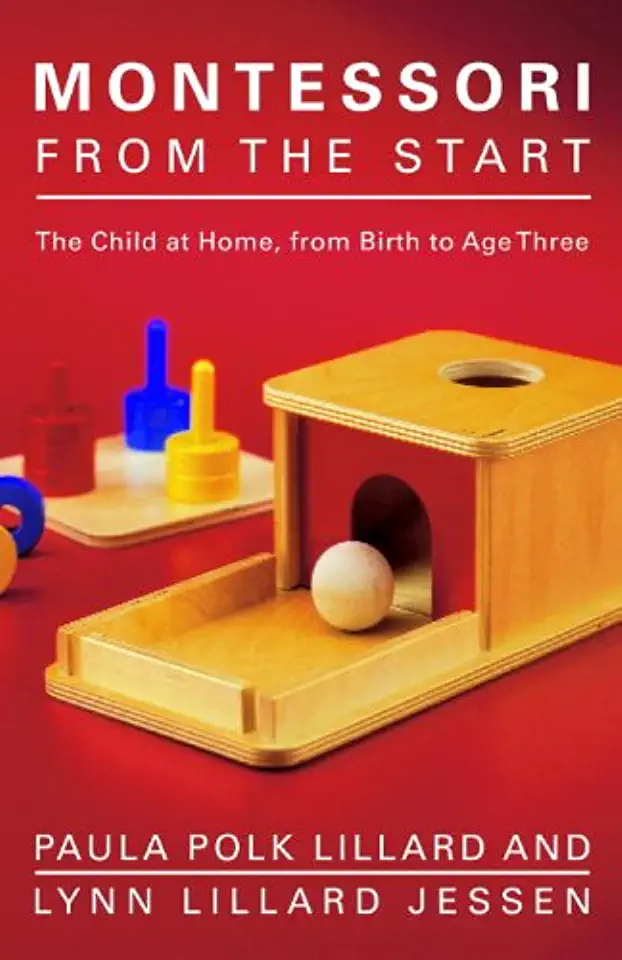
A Montessori Education- A Comprehensive Guide - Paula Polk Lillard
A Montessori Education: A Comprehensive Guide by Paula Polk Lillard
A Comprehensive Guide to the Montessori Method
In her book, "A Montessori Education: A Comprehensive Guide," Paula Polk Lillard provides a comprehensive overview of the Montessori method of education. Lillard, a leading expert on Montessori education, draws on her decades of experience to offer a detailed and practical guide to implementing the Montessori method in early childhood classrooms.
The Montessori Method: A Brief Overview
The Montessori method is a child-centered approach to education that emphasizes hands-on learning, self-directed activity, and collaborative play. Developed by Italian physician and educator Maria Montessori in the early 20th century, the Montessori method is based on the belief that children are naturally curious and capable learners who can best develop their full potential in a prepared environment that supports their individual needs.
Key Features of the Montessori Method
Some of the key features of the Montessori method include:
- Emphasis on hands-on learning: Montessori classrooms are equipped with a variety of materials that children can use to explore and learn about the world around them. These materials are designed to be self-correcting, so that children can learn from their mistakes without the need for constant teacher intervention.
- Self-directed activity: Montessori classrooms are designed to allow children to learn at their own pace and in their own way. Children are encouraged to choose their own activities and to work independently or in small groups.
- Collaborative play: Montessori classrooms encourage children to work together and learn from each other. Children are given opportunities to collaborate on projects, share ideas, and resolve conflicts peacefully.
- Prepared environment: Montessori classrooms are carefully designed to meet the needs of children at different stages of development. The environment is organized into different areas, each of which is stocked with materials that are appropriate for the children's age and interests.
Benefits of a Montessori Education
Research has shown that children who attend Montessori schools have a number of advantages over children who attend traditional schools. These advantages include:
- Stronger academic skills: Montessori children typically score higher on standardized tests than children who attend traditional schools.
- Greater independence: Montessori children are more likely to be independent and self-motivated learners.
- Improved social skills: Montessori children are more likely to be cooperative, respectful, and empathetic.
- Enhanced creativity: Montessori children are more likely to be creative and imaginative.
Conclusion
"A Montessori Education: A Comprehensive Guide" is an essential resource for anyone interested in learning more about the Montessori method. Lillard's book provides a comprehensive overview of the Montessori method, from its history and philosophy to its practical implementation in early childhood classrooms. Whether you are a parent, teacher, or administrator, this book will give you the knowledge and tools you need to create a Montessori environment that supports the development of your child.
Enjoyed the summary? Discover all the details and take your reading to the next level — [click here to view the book on Amazon!]